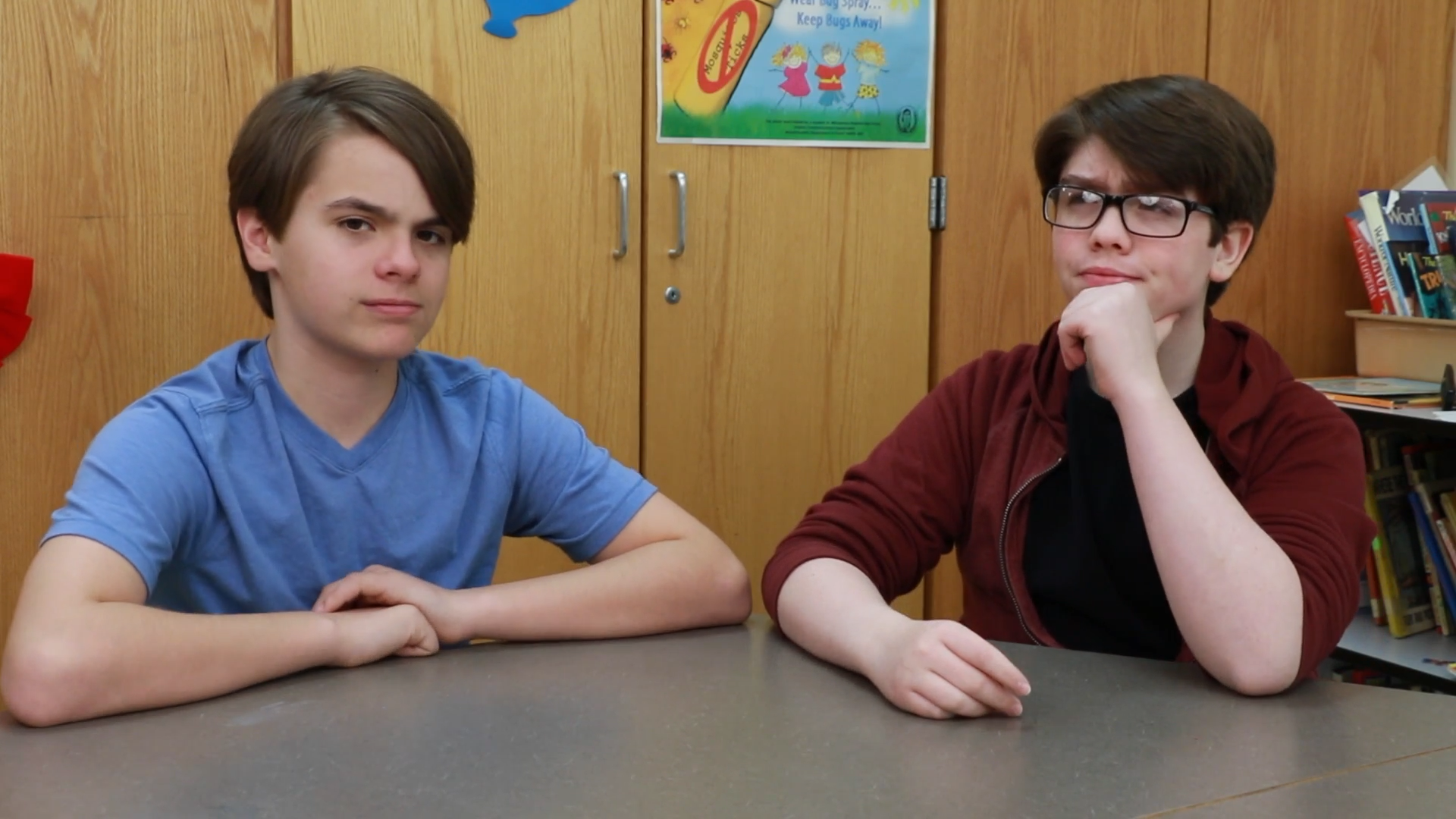
Introduction
Teaching high school students to respect differing opinions is a crucial aspect of their social development. In a world where people have diverse thoughts and feelings, it is essential for students to understand that everyone has their own unique perspective. This blog post will discuss an engaging no-prep activity, thought-provoking discussion questions, and related skills that educators can use to help their students appreciate and respect the opinions of others.
No-Prep Activity: The Opinion Spectrum
This activity requires no preparation or materials from the educator and is designed to help students understand that differing opinions are a natural part of human interaction. To begin, have your students form a line in the middle of the room. Explain that you will be presenting a series of statements or questions, and they will move to one side of the room or the other based on whether they agree or disagree with the statement.
For example, you might say, “I believe that ice cream is the best dessert.” Students who agree will move to one side of the room, while those who disagree will move to the other side. Encourage students to observe the differences in opinions among their peers and remind them that it is okay to have differing viewpoints.
After completing several rounds, bring the students back together and have a brief discussion about their experience. This activity not only highlights the diversity of opinions but also encourages students to practice active listening and respectful communication.
Discussion Questions
- Why is it important to respect the opinions of others, even if we disagree with them?
- How did it feel to observe the differing opinions among your peers during the activity? Did it change your perspective on any of the topics?
- Can you think of a situation where you had a disagreement with someone because of differing opinions? How did you handle it, and what could you have done differently?
- How can we practice active listening and open-mindedness when engaging in conversations with others who have different opinions?
- What strategies can you use to remain respectful and understanding when discussing contentious topics with others?
Related Skills
In addition to respecting differing opinions, there are several other related skills that are essential for high school students to develop as they navigate their social environment. These skills include:
- Active listening: Paying close attention to what others are saying, asking clarifying questions, and providing feedback to show understanding.
- Empathy: Putting oneself in another person’s shoes and understanding their feelings and perspectives.
- Conflict resolution: Identifying and addressing disagreements in a constructive manner, seeking compromise, and finding common ground.
- Assertiveness: Expressing one’s own opinions and feelings in a respectful and confident manner, without being aggressive or submissive.
Next Steps
Now that you have learned about the importance of respecting differing opinions and related skills, it’s time to take the next step in your journey as an educator. We encourage you to sign up for free samples of our skill-building activities and resources designed to promote Social-Emotional Learning in your high school classroom. By incorporating these activities into your lessons, you will be equipping your students with the tools they need to navigate the complex world of differing opinions and foster healthy communication.

